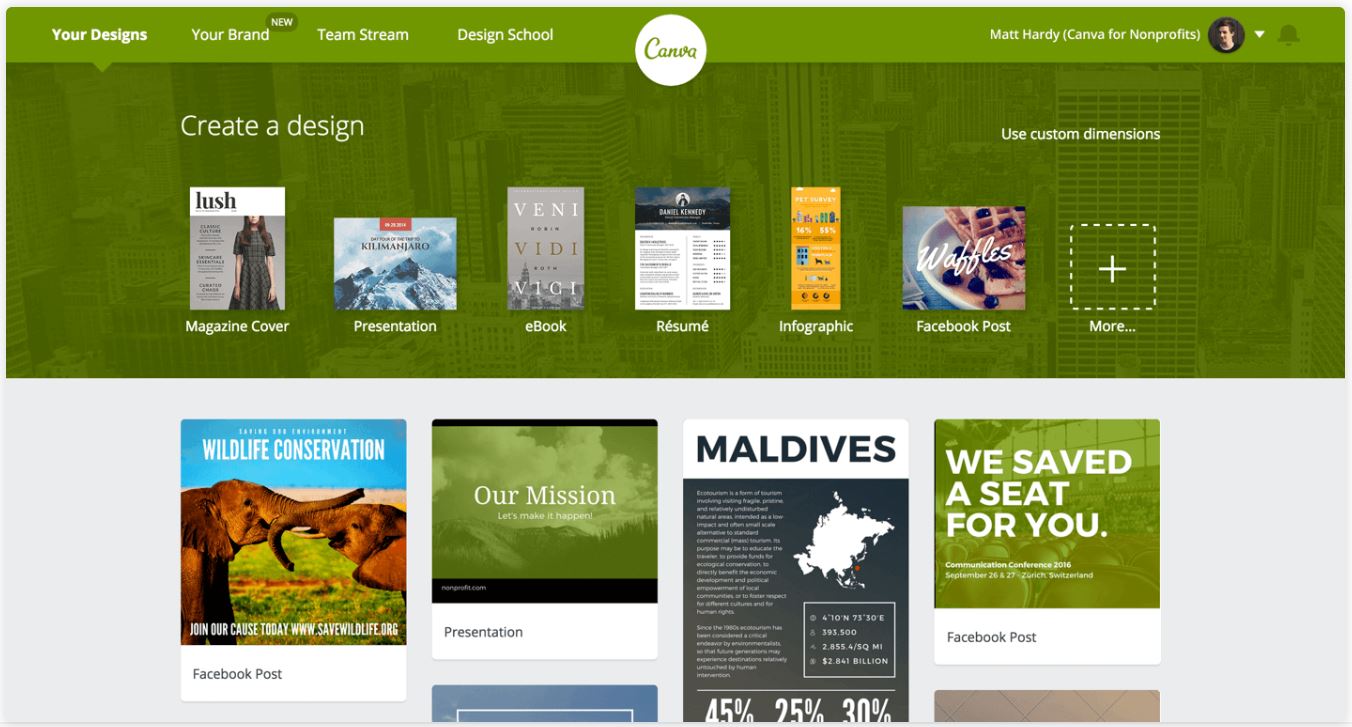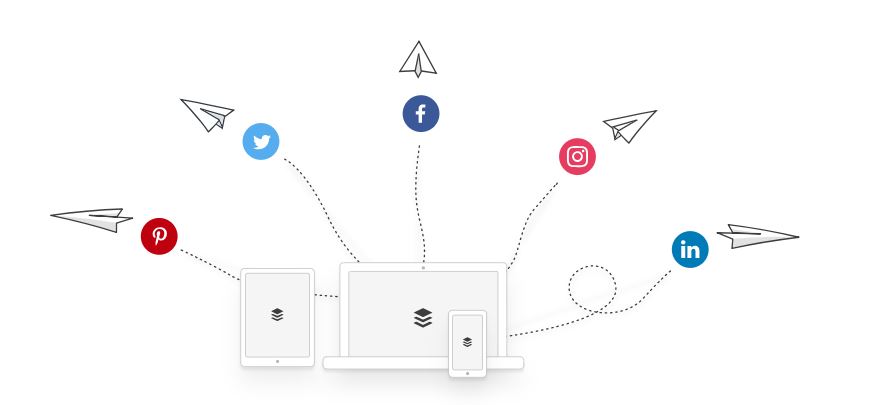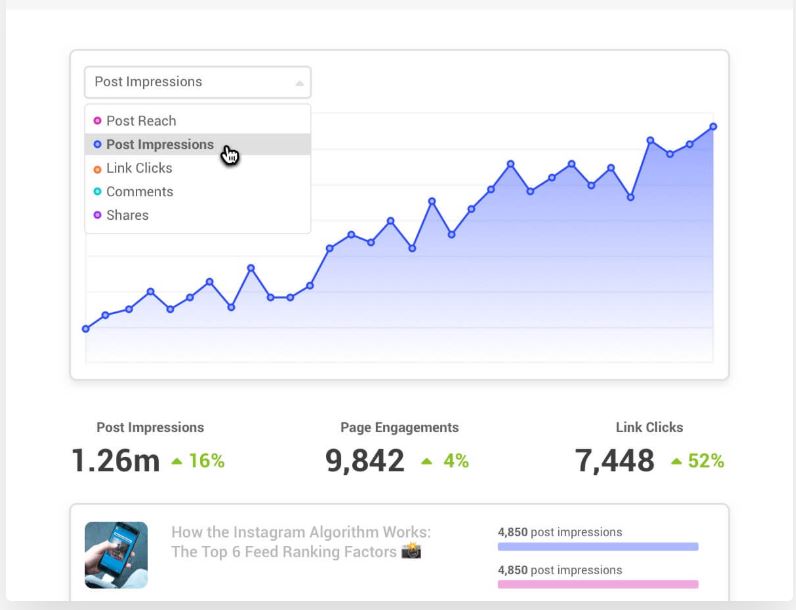Estimated reading time: 10 minutes
Overseeing the operation of a ministry requires many business processes.
Some of these processes can and should be kept in-house, but often, outsourcing a service can be more affordable, efficient, and effective.
As a church grows, particularly when it is in the planting phase, there are limited resources to pay for some of the products and services every ministry needs.
For example, every church needs a website that requires a logo and a lot of content creation. Services like this can be expensive if you don’t do your homework to try and find the best value.
I’ve used many online freelancers and businesses to help with those things that are beyond my skill set. Many of these services are very cost-effective, time-efficient, and customer-focused.
Whether you need help creating a design, logo, and look for your website, or help to create an email distribution process for members, there are many affordable solutions that will do a great job.
And if you have a 501(c)(3) status, you may be eligible for lots of Free or discounted products.
10 FREE (or Almost Free) Resources For Churches
1. Upwork
Upwork has freelancers to help with those projects that your team may not have the time or skill to pull off.
Whether you need help with IT/programming, logo design, writing, editing, marketing, or administrative help, there are thousands of hungry freelancers ready to work at a reasonable price.

I’ve used Upwork for countless projects and have had great results!
You can post a job and have freelancers bid on it, or you can say, “I need X done for $25” and ask if there is anyone interested.
Tip: The bids you receive will be all over the map, so I usually look at the person’s resume and portfolio to see what kind of training they’ve had and what other work they’ve done, and I also read comments from people who have used them before.
I occasionally go for those with the lower bid because those are usually the newbies and they are hungry and motivated to do a good job just to get paid and a positive review.
Upwork has an escrow payment system that holds the funds and ensures that you don’t pay for a job unless you are completely satisfied.
2. Fiverr
A friend told me about Fiverr, and I was blown away at what you can buy for five bucks! I had an e-book cover designed for $5!
No, it’s not as good as one I would probably get on Upwork, but still, five bucks was a great deal!
It’s definitely a resource for those of us with a limited budget, but you need to count the cost-benefit.
Many of the products out there are cookie-cutter, which is why they can be done so cheaply, but if it’s a business card or even an eBook cover, it might be worth it!
You can always upgrade the design once there are more available church budget dollars.
3. MailChimp
Communicating with church members is an ongoing challenge, but fortunately, there are tools and resources to help.
With CAN-SPAM laws, it is imperative to have an email distribution service to manage your online communications.
Mailchimp is an email marketing tool that can help you manage your email distribution to church members for FREE. The Free plan is for up to 2,000 email subscribers.
MailChimp has premade templates to make your emails look professional.
The software also has great analytics that allow you to track how many emails were clicked and opened.
4. Google For Nonprofits
Google dominates the online world – we all know that. But they do have some great tools that can help with lots of the functions we perform every day.
The good news is that Google offers a program to eligible nonprofits that gives access to premium apps and services at no cost.
You do need to qualify for this program by being registered as a charitable organization in one of the qualifying countries. You can see what the eligibility requirements are by country.
You can request a Google for Nonprofits account to get set up.
Once you qualify and get an account set up, the benefits are huge!
GSuite for Nonprofits
What it gets you:
- Unlimited Gmail accounts that end in @yourdomain.com, vs @gmail.com
- Google Drive, docs, sheets, slides, etc. All those fun little apps
- 30GB of space (up from 15 in personal accounts) for Drive documents and email hosting
- 24/7 actual person support via phone, chat, and email
- Admin access over all your organization’s accounts
Google Grants (Google Adwords)
This one may not be as applicable to the local church, but could benefit churches that have expansive outreach programs that advertise outside their geographic location.
What it gets you:
- $10,000 / month of free money to spend on pay-per-click advertising.
- Unlimited cost-per-click, if you install a tracking code
- Ads are text-only and run only on Google.com, not any search partners or ad networks
- The full Google Adwords platform to manage and measure your campaigns
- Access to Adwords Express, for those who don’t want to actively manage PPC campaigns
Again, this is more for the support of global missions.
5. Rakuten
Most churches now shop online because it is convenient and you are able to compare prices for products and services.
Rakuten is a browser extension that gives you cash back on online purchases and is supported by the major browsers:
- Internet Explorer (IE), version 11+
- Firefox, versions 15+
- Chrome, versions 21+
- Safari, versions 6+
- Edge, all versions

It is pretty easy to use. You install the browser extension, and when you go to a partner vendor, the Rakuten button pops up and offers a cashback offer.
All you have to do is click the cashback button, and a coupon code will automatically be applied to the checkout page. You will then receive cash back on anything you purchase.
Once a purchase is complete, you will receive an email notifying you of your cashback reward.
This is a great way to help supplement a church’s budget!
6. Canva For Nonprofits
Canva is one of my favorite tools for images. I love it so much that I have the Canva for Work plan.
However, Churches that hold a 501(c)(3) status may be eligible for a lot of free things from this platform!
If you are not familiar with Canva, it is a platform that is used to design images. What I love about it is the vast library of image templates for just about everything.
There are countless templates to use, as well as a library of free photos, elements, and backgrounds to make your design unique.
The readymade templates make the design challenge easy because you can simply change out the color, photo, and font to make the image your own.
But one of my favorite features is the ability to change the image size for the social platform of your choice.
I pay for these upgraded features, but if you apply and get the nonprofit benefit, you could get these features for free!
You do need to meet nonprofit requirements, so you can see how to apply here.
7. WordPress
WordPress is a website software that offers two solutions.
Wordpress.org
If your church wants to build its own website, WordPress.org is FREE open-source software that is used to build websites.
It has some amazing free themes that you can choose from to make your website look professional without coding.
There are countless plugins to help you customize the functions and features of your site.
You will need to choose a company to host your site. There is a fee for the hosting, but the software is free.
There is a bit of a learning curve, but there are lots of how-to guides that can help you get set up quickly.
There is a time commitment to getting this set up, but if you have a tech-savvy volunteer who is interested in learning how to make a website, it could be a win-win for the church and the volunteer.
8. DreamHost
If you are building your own website, then you might be interested in knowing that DreamHost offers free shared hosting – which includes email hosting – to 501(c)(3) organizations.
Shared hosting comes with its limitations, but if your church is just starting out and you need website hosting, this might be a great way to save a few church budget dollars.
DreamHost also offers other discounts for non-profit organizations that remain active for the life of the DreamHost account.
You can see what those other discounts are and instructions on how to apply here.
Your church may outgrow a shared hosting plan, but this might be a good way to get off the ground.
9. Buffer
If you share content, images, or church updates on social platforms, Buffer could be a great tool for your church.
Buffer allows you to schedule postings to a wide variety of social platforms.
You create the schedule with your preferred delivery times. Buffer then publishes the posts according to the schedule you determine.
A great Buffer feature is its Analytics.
You can use this tool to monitor your social media performance and determine how to improve the results.
It is a pretty quick set up, and then you can set up your posts and let Buffer run the schedule for you.
Buffer does offer a free limited account. However, a registered nonprofit organization can qualify for a 50% discount for the upgraded Buffer Publish plans.
You will need to submit documentation for your 501(c)(3) status.
10. ChatGPT (Free AI Tool)
ChatGPT is an AI-powered chatbot that generates human-like text. You type in a question or request, and it responds with ideas, drafts, or explanations. The free version is available at ChatGPT.com.
How Churches Can Use ChatGPT
✅ Write and Edit Content
- Draft newsletters, announcements, or blog posts
- Suggest sermon titles or series outlines
- Edit letters and emails
✅ Brainstorm Ideas
- Plan events, youth activities, or holiday services
- Generate volunteer appreciation ideas
- Create icebreaker questions for groups
✅ Boost Online Engagement
- Write social media posts
- Suggest welcoming messages for new visitors
- Draft FAQ-style responses for your website
Final Tip
Always review what ChatGPT produces before sharing it. It’s best used as a helpful assistant—you provide the vision, and it provides a starting point.
You can create a free account at ChatGPT.com.
Do Your Homework
One thing that annoys the heck out of me is seeing churches and nonprofit organizations get taken advantage of by businesses that prey on their innocence and vulnerability by charging them for services that they might otherwise get for FREE or at a reduced rate.
Taking the time to identify what help you need and researching cost-effective solutions can help you save your church valuable financial resources.
Discover additional ways to manage your church by registering for our Church Administration Training Course and gaining access to our expanding library of forms and job descriptions with our Bundled Package!







